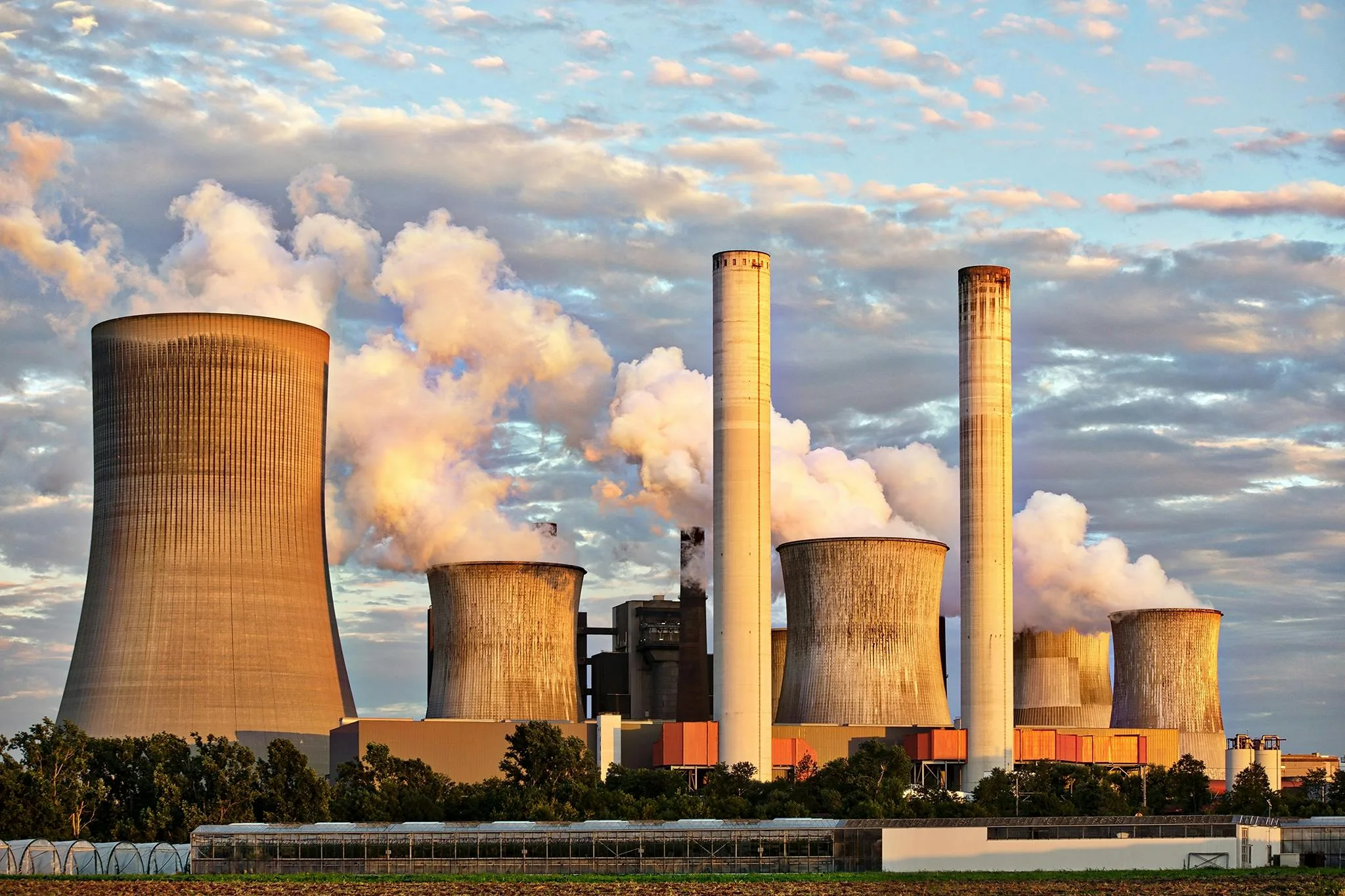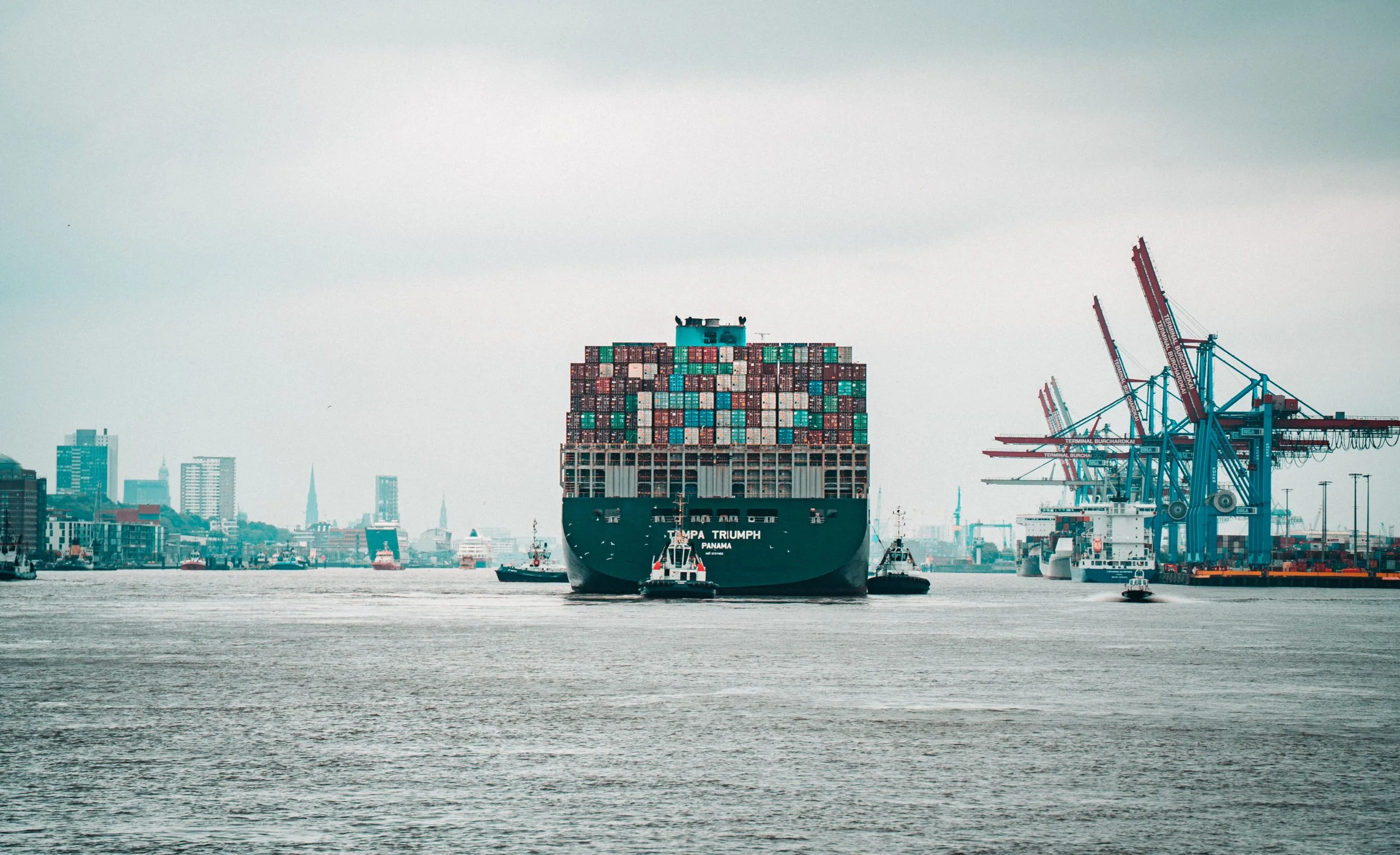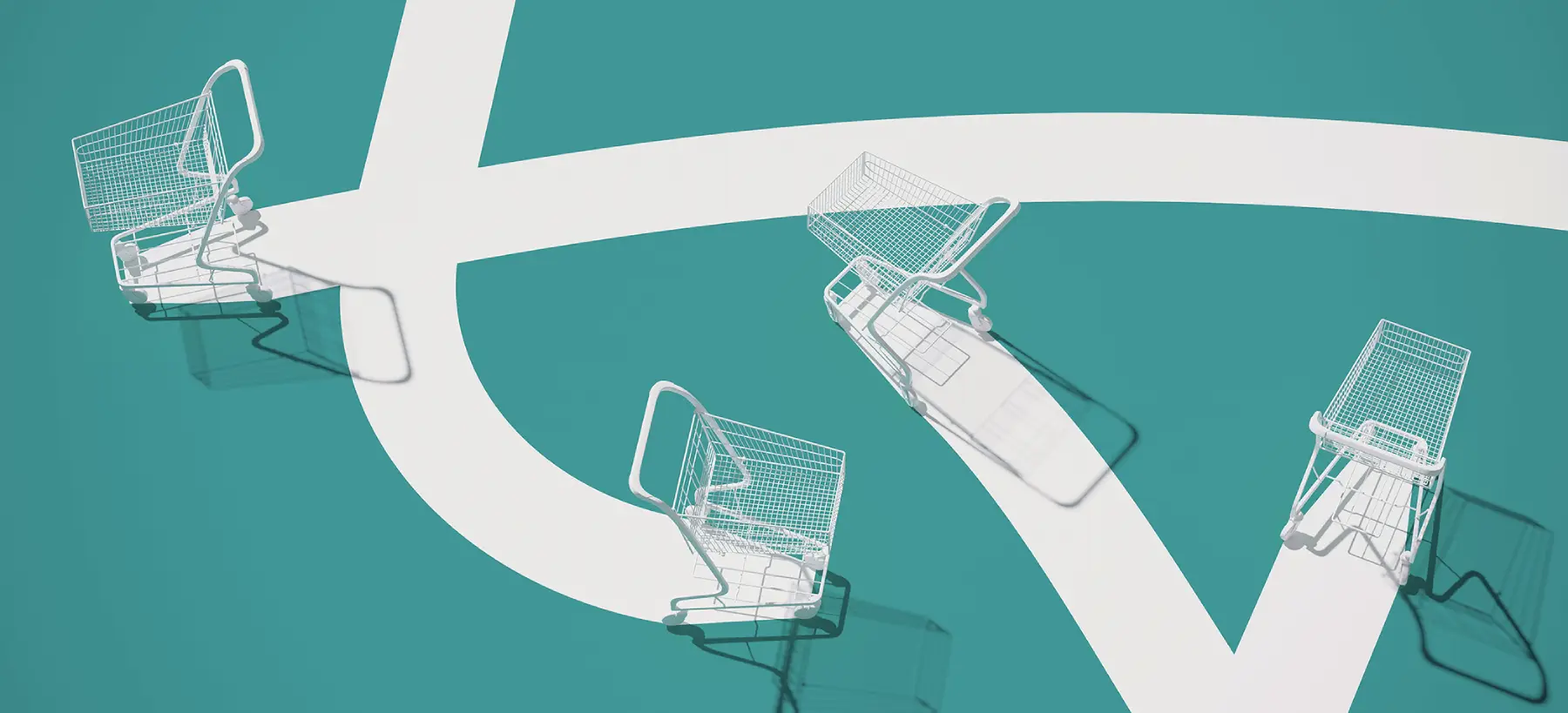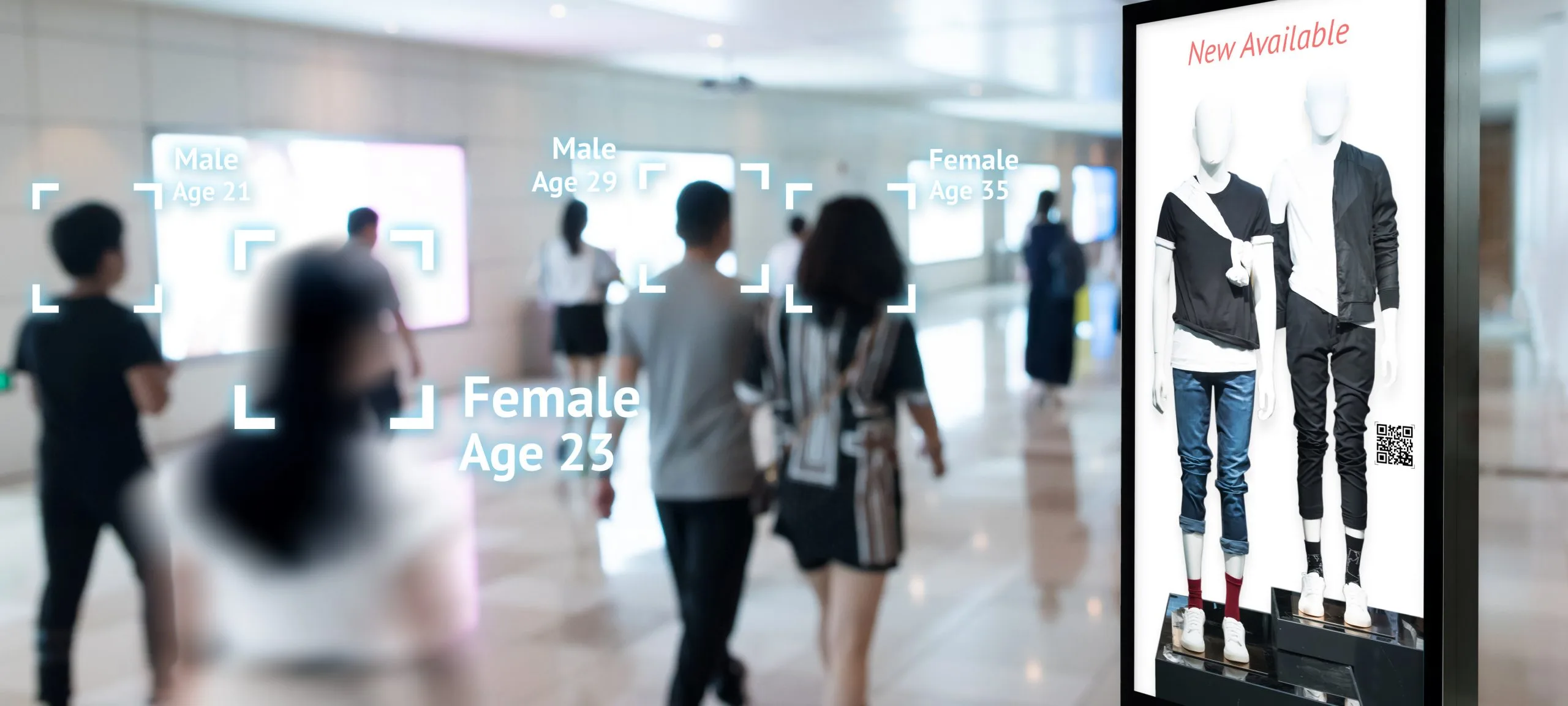

Mit unserem neuen Explainability-Modul machen wir KI-Prognosen transparent, nachvollziehbar und vertrauenswürdig.


Datenqualität als Schlüssel zu präzisen Prognosen, höherer Effizienz und minimierten Risiken im KI-Forecasting


Wie Künstliche Intelligenz die Zusammenarbeit in der Lieferkette revolutioniert und Effizienz sowie Innovation vorantreibt.
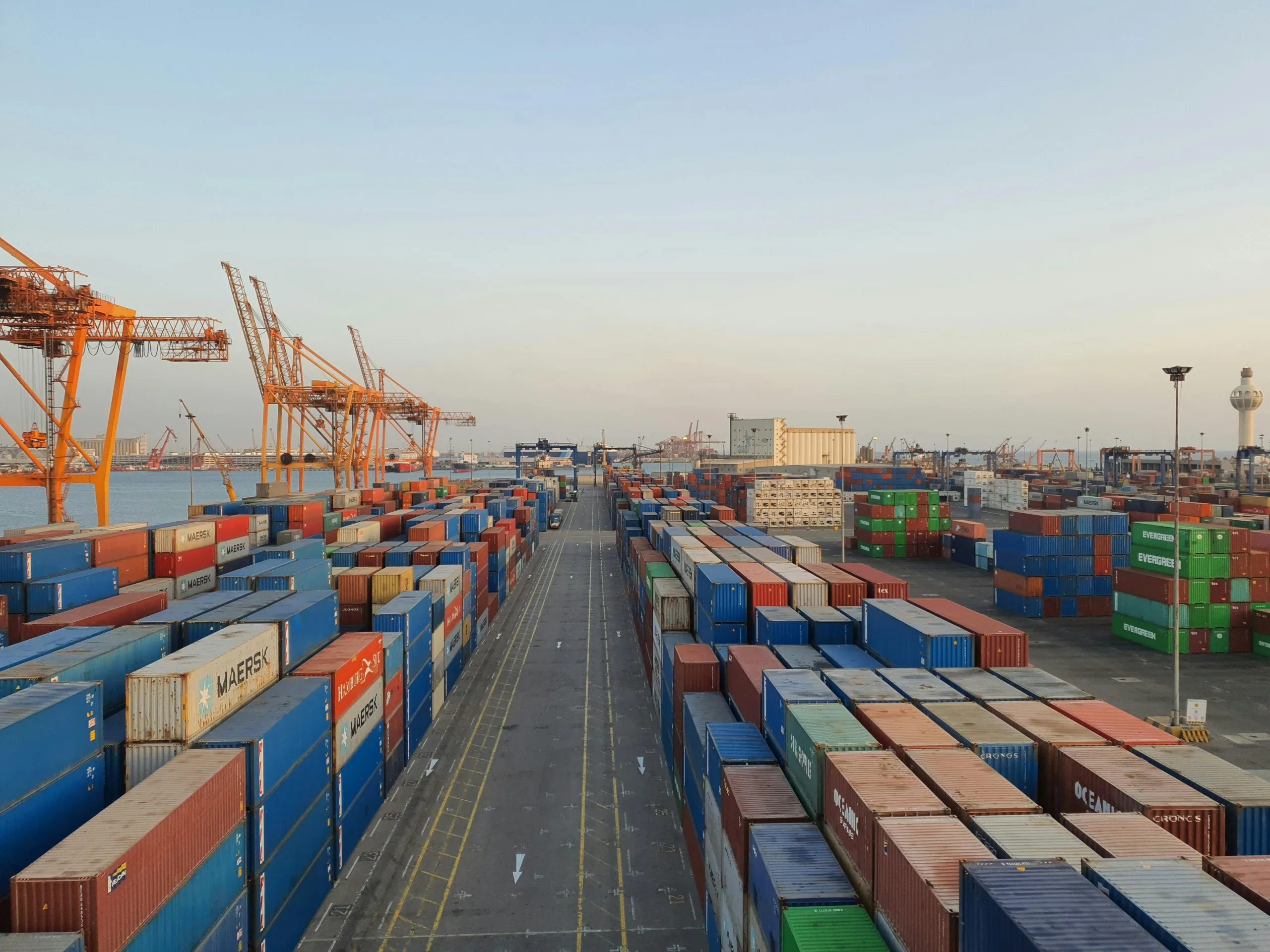

How to uncover and efficiently reduce hidden costs in the supply chain
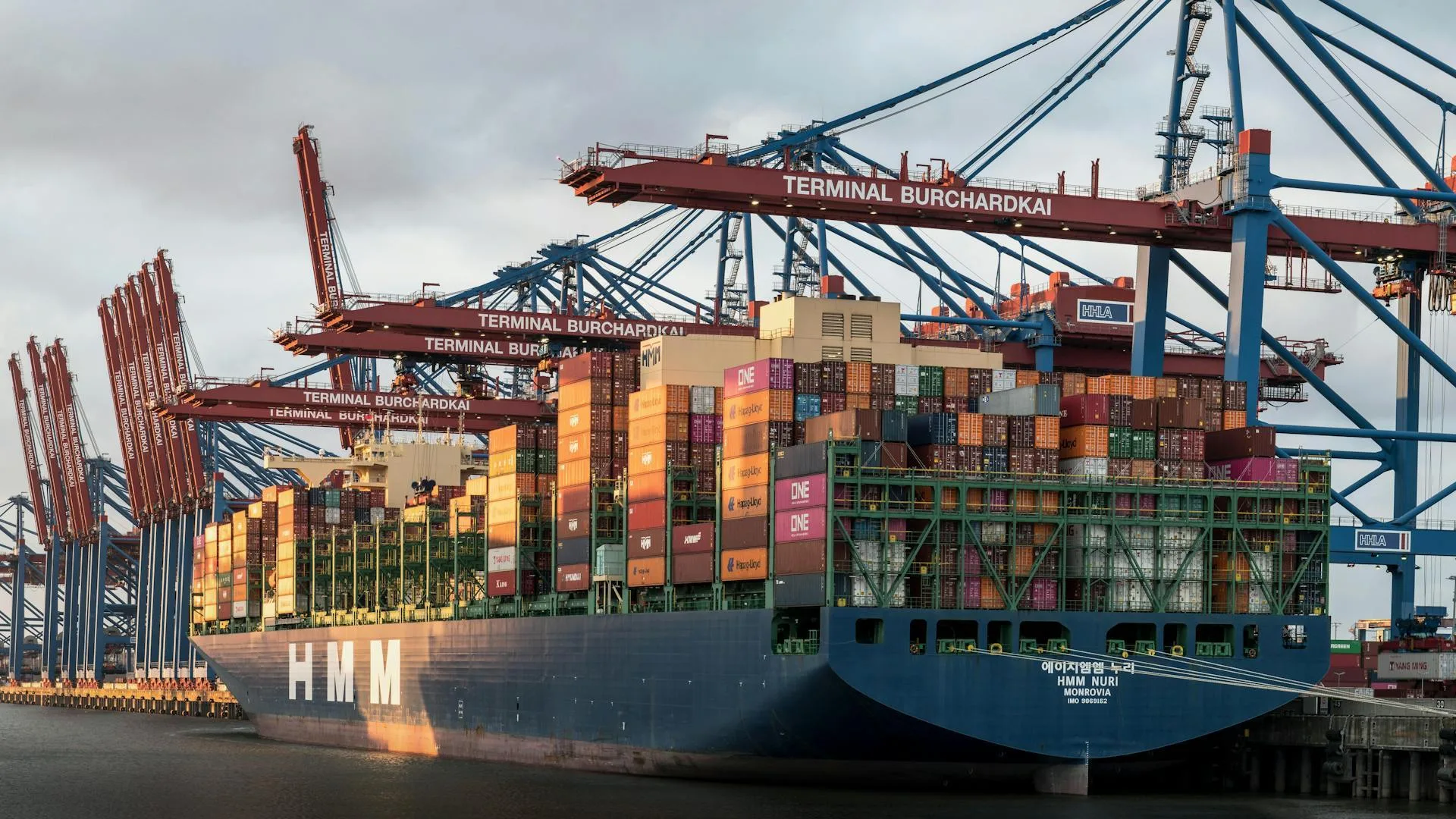

The most common mistakes in supply chain planning 2025 and how to successfully avoid them
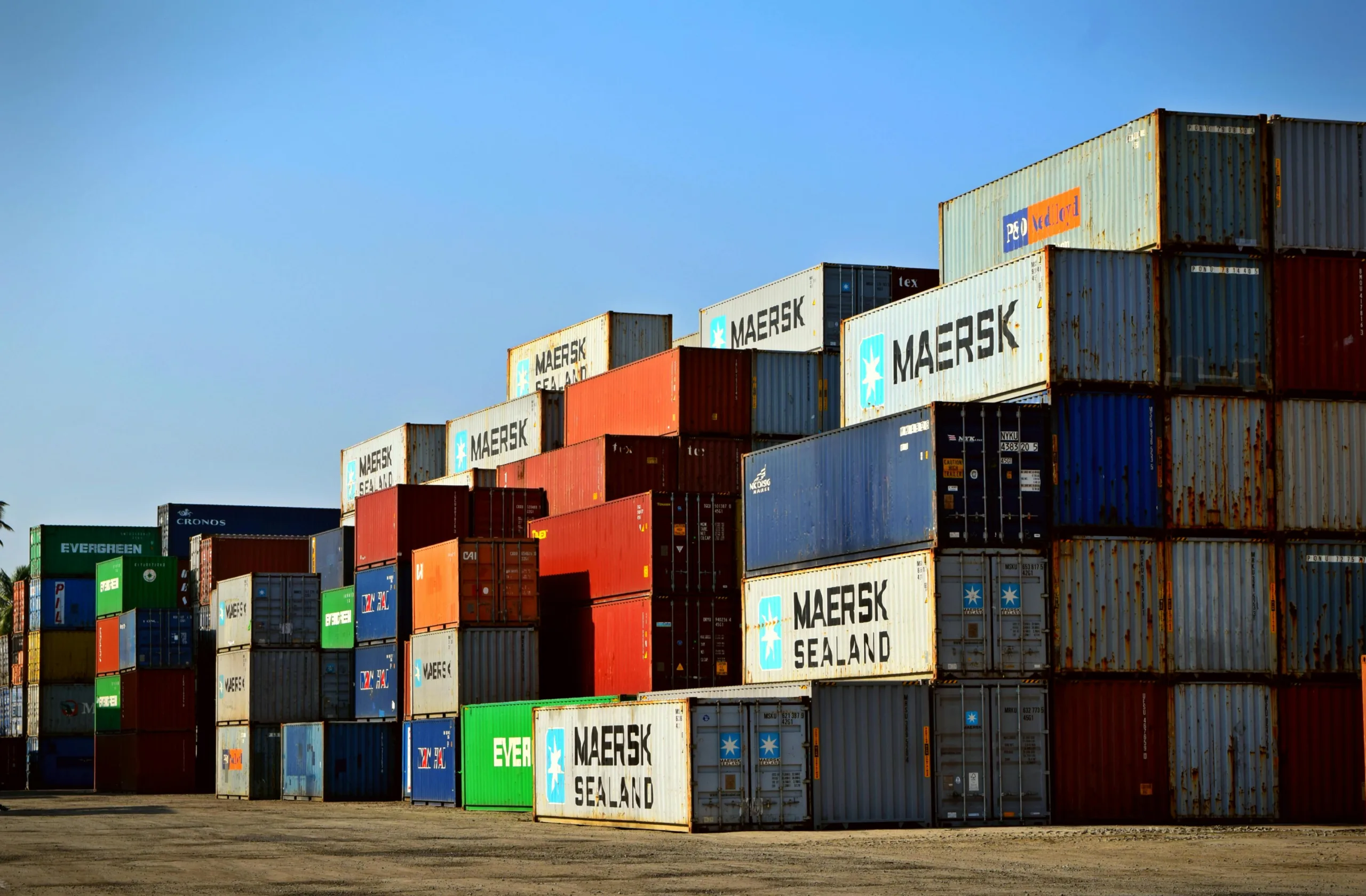

How AI will transform inventory management and warehouse processes in 2025


Wie Künstliche Intelligenz die Bedarfsprognose revolutioniert und Unternehmen einen Wettbewerbsvorteil verschafft
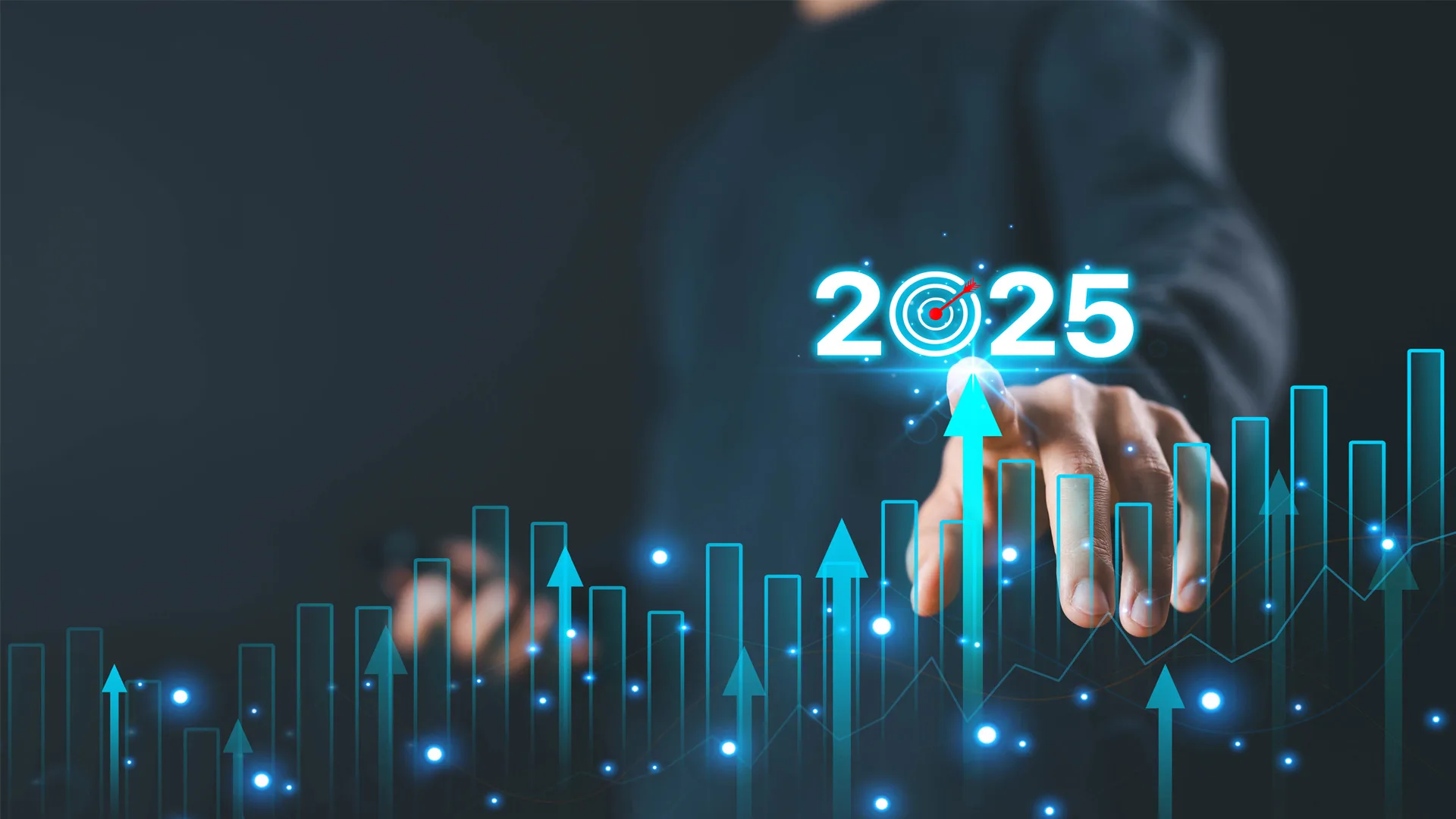

Wie Forecast Value Added die Genauigkeit von Prognosen steigert und Unternehmen zu besseren Entscheidungen führt
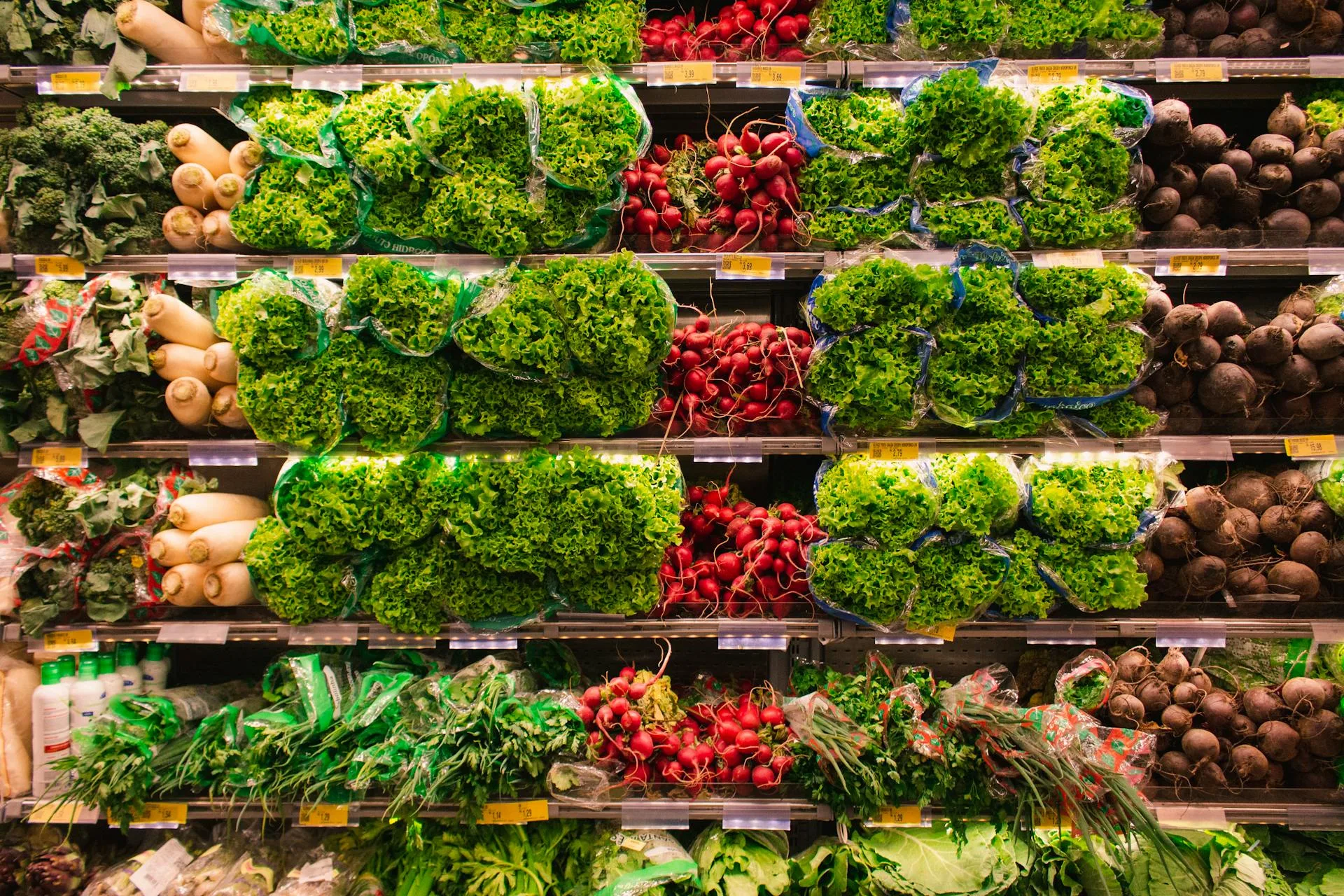

How artificial intelligence will change retail and the consumer goods industry in 2025.
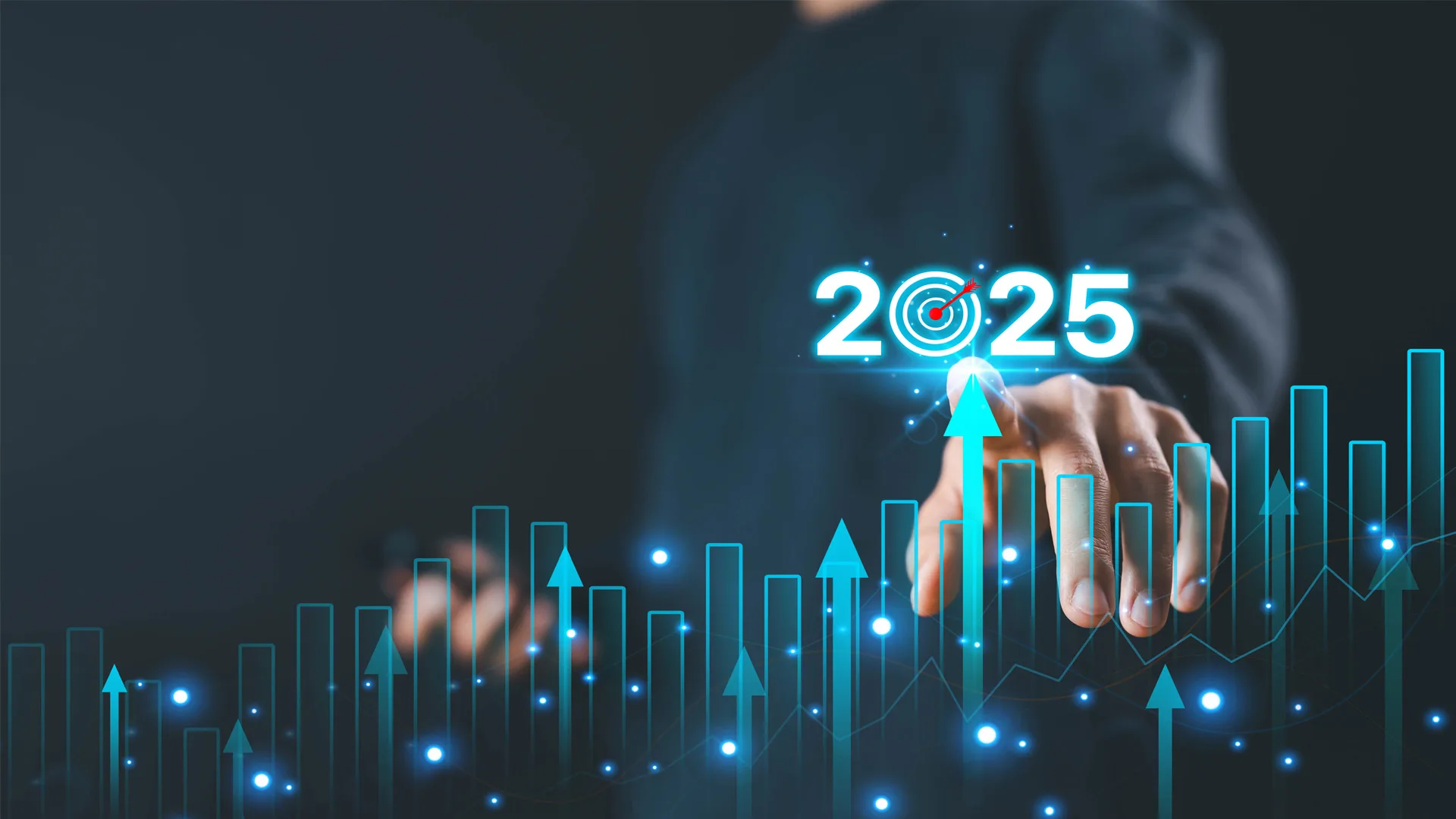

By 2025, artificial intelligence will revolutionise our world through advances in explainability, healthcare, autonomous systems, finance, IoT, cybersecurity, creative applications and ethical regulation.
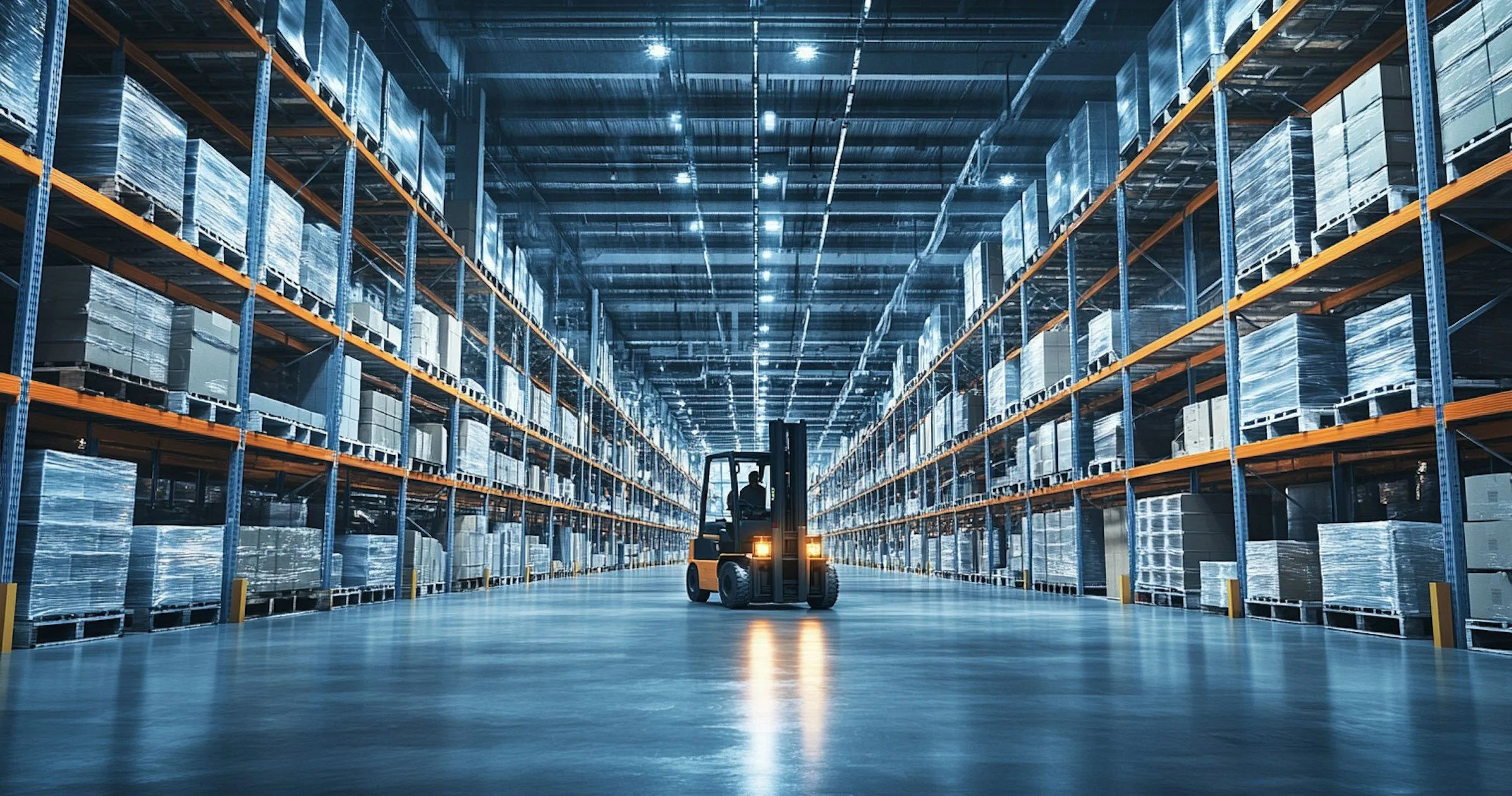

Wie Künstliche Intelligenz Lieferketten stabilisiert und den Bullwhip-Effekt reduziert
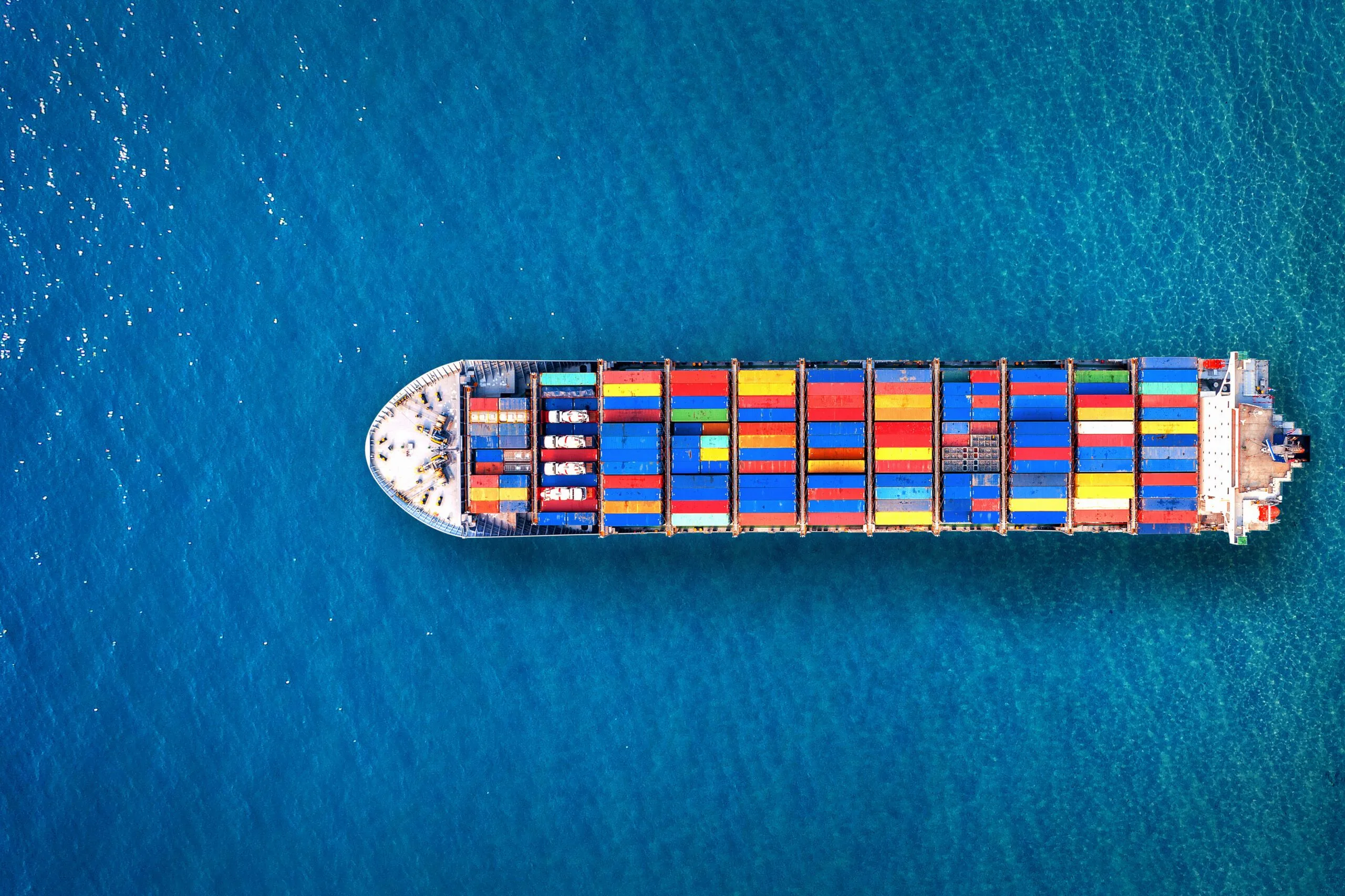

Revolutionary changes in the supply chain industry: technological innovation, sustainability and adapting to market dynamics in 2024


According to the ZEW study, only 6% of German companies use AI, but are increasing their profits by 25% as a result. AI has enormous potential, particularly in production and logistics.


Lebensmittelverschwendung im Einzelhandel: Ursachen & Lösungen durch KI
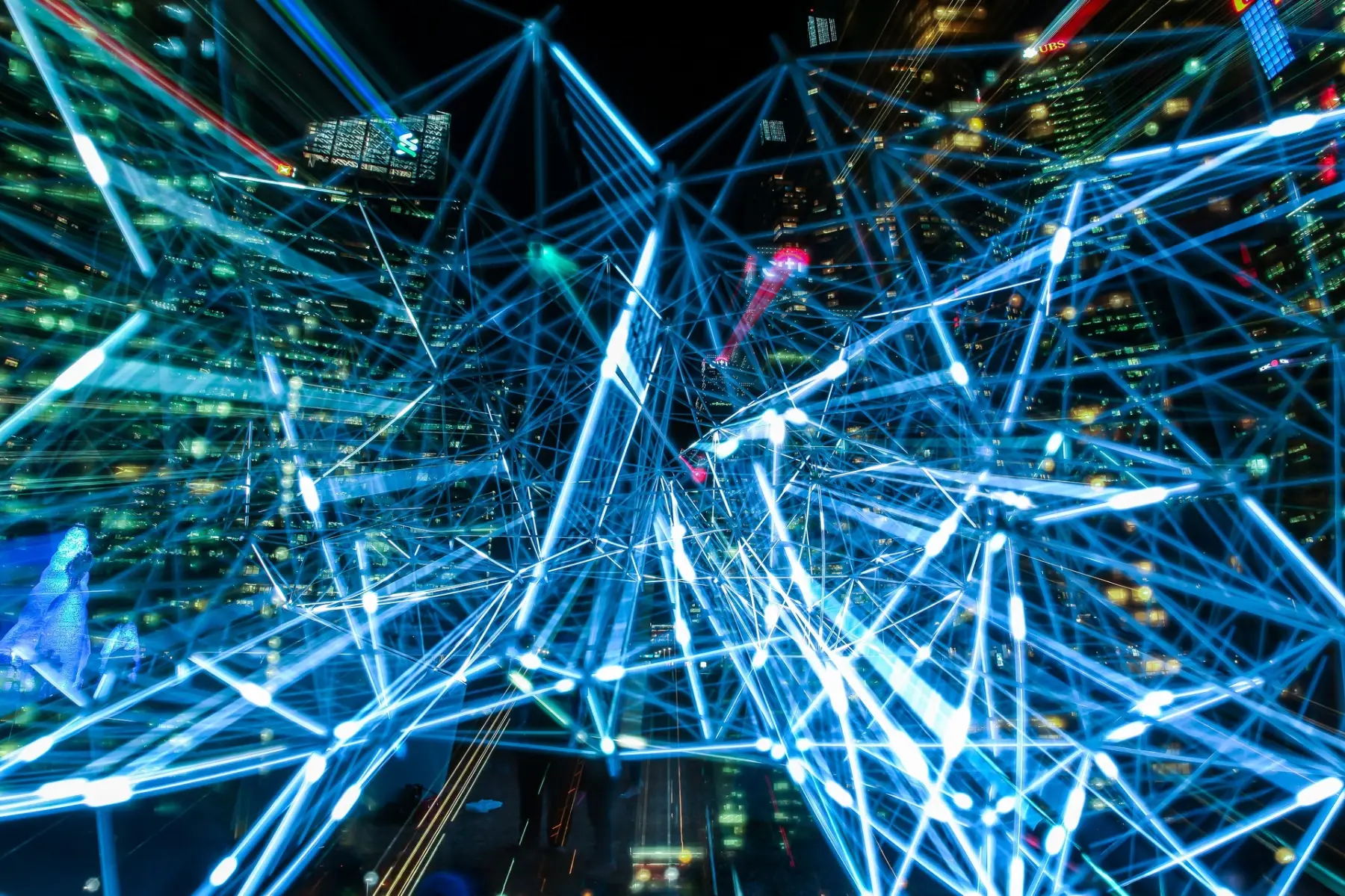

When to consider machine learning for demand planning: best use cases
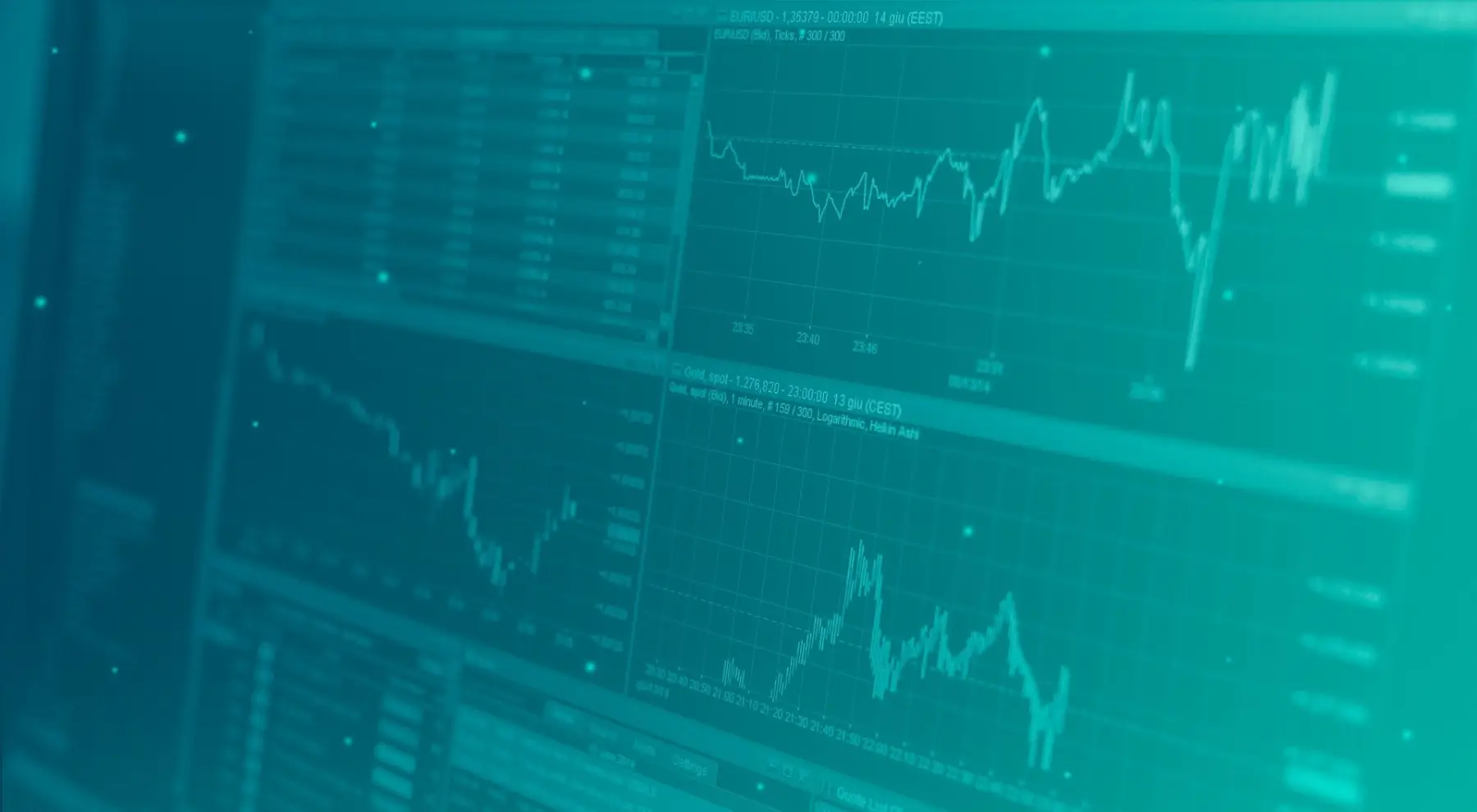

Mit Maschinellem Lernen und Predictive Analytics die Zukunft des Vertriebs vorhersagen


Wie die Zusammenarbeit mit Supply Chain Start-ups Unternehmen zu mehr Innovation, Flexibilität und Wettbewerbsvorteilen verhilft


How modern technology and data-driven analytics are transforming sales forecasting for businesses


Innovative approaches to integrating artificial intelligence into corporate sustainability


